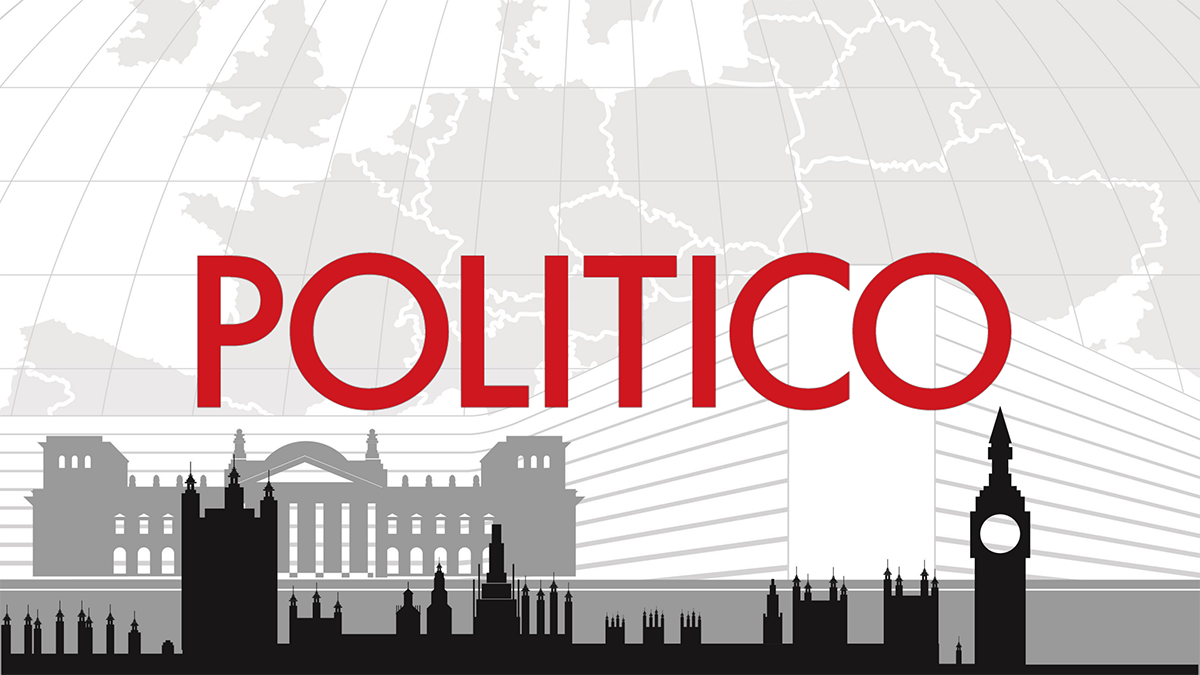

In a period marked by economic challenges and transitions, European financial institutions, governments, and communities are navigating a landscape rich with both hurdles and opportunities. As we delve into the latest developments, it becomes evident that strategic decisions are steering the course of this economic journey.
The Bank of England (BoE), delicately balancing the dual demands of taming inflation and supporting employment, finds itself at a crucial juncture. Recent data from the Office for National Statistics indicates a subtle shift in the labor market, with the unemployment rate nudging up to 4.7 percent. This metric whispers to economists that the workforce might be signaling a need for additional economic support, even as the tempo of inflation rises. As September approaches, the BoE must weigh these factors thoughtfully to maintain economic equilibrium.
On the international stage, Britain’s Trade Secretary, Jonathan Reynolds, prepares to engage with the U.S. administration in Washington. This diplomatic endeavor aims to address lingering trade tariffs implemented during the Trump era, which continue to ripple through economic relations across the Atlantic. Reynolds’ trip underscores a commitment to refining trade partnerships, fostering open dialogue, and exploring pathways to mutually beneficial resolutions.
Turning our attention to the European Union, we witness a robust dialogue around financial planning and budgetary allocations. The European Commission, led by President Ursula von der Leyen, has proposed a bold new budget plan totaling €2 trillion for the years 2028 to 2034. This proposal introduces an innovative approach, featuring new taxes on large corporations, tobacco, and electronic waste. The strategy seeks to energize the EU’s financial ecosystem, nurturing a sustainable future while igniting discussions on the Union’s priorities and aspirations.
In tandem with the overarching budget proposal, the Commission’s decision to reduce the EU’s farm budget signifies a progressive shift in agricultural policy. While framed by Brussels as a protective measure with a focus on efficiency and focus, this financial recalibration has generated diverse reactions. It reaffirms the agricultural sector’s vital role in Europe’s economic fabric, yet calls for a collaborative dialogue to navigate this evolution constructively.
As these elements unfold across the European continent, a theme of mindfulness emerges—a balance of growth, sustainability, and responsiveness to socio-economic needs. Collective efforts by institutions and leaders highlight a dedication to fostering stability and resilience, paving a path toward a future that embraces change with humility and foresight.
This moment in Europe’s economic timeline offers a tranquil reminder that, while challenges may arise, collaborative, clear-headed approaches rooted in conversation and cooperation hold the potential to transform obstacles into opportunities for growth and unity.
Source: {link}
